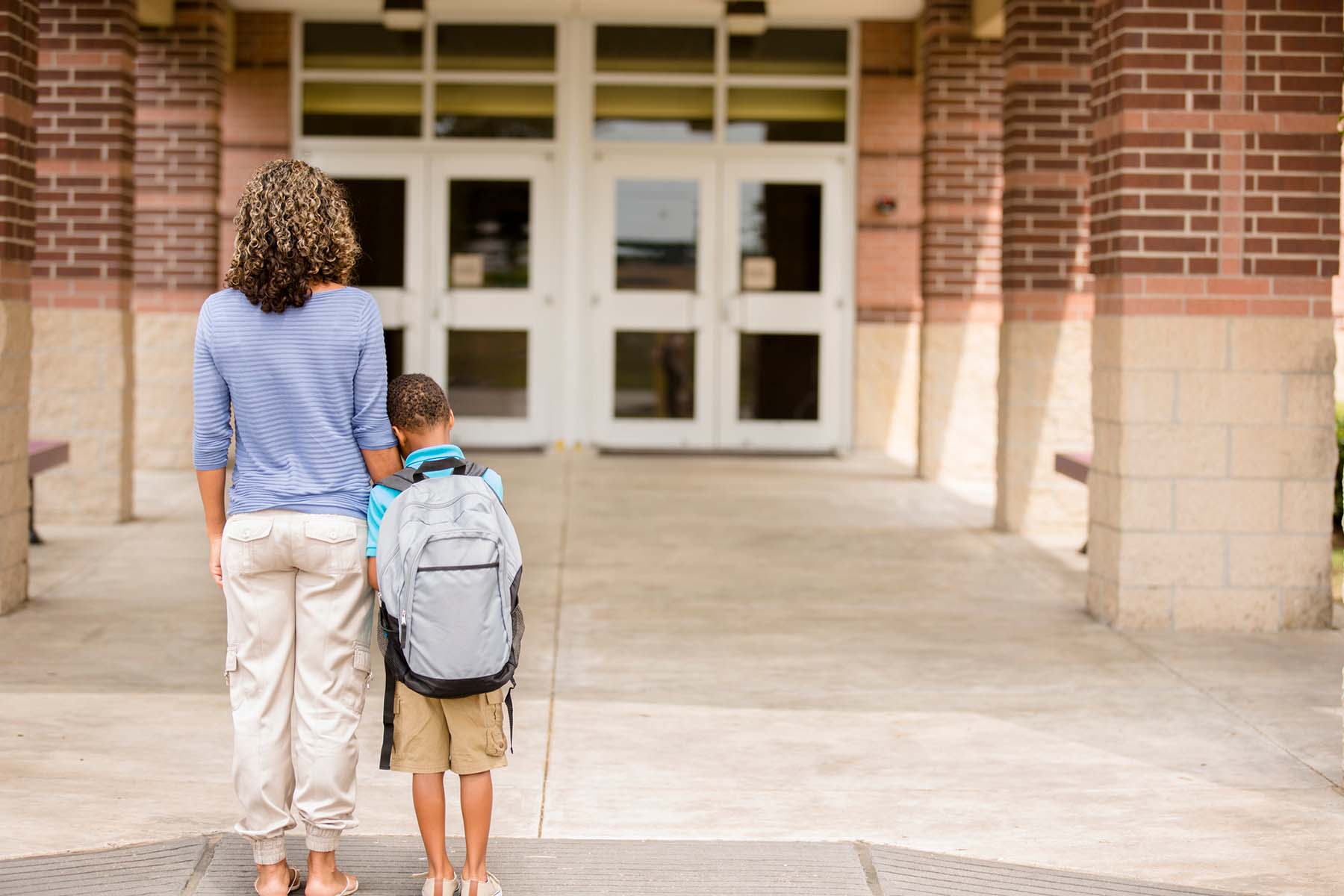Now that our long summer days are behind us and the school year has begun, many children experience excitement and anxiety. For some, the return to school can spark significant worry and stress, known as “back-to-school anxiety.” At Advanced Behavior Health Inc. (ABH) in Maryland, we understand the challenges that both children and parents face during this time, and we are here to offer guidance, support, and professional care.
Understanding Back To School Anxiety
Back-to-school anxiety is a common experience for many children, characterized by feelings of fear and worry about returning to the classroom. Various factors can trigger this anxiety, including:
- Separation from Parents: Younger children may struggle with being away from their parents for an extended period, especially after a long summer break.
- Academic Expectations: The pressure to perform well academically can weigh heavily on students, leading to feelings of inadequacy or fear of failure.
- Social Challenges: Navigating friendships, peer groups, and social interactions can be a significant source of anxiety for children, particularly if they have experienced bullying or exclusion in the past.
- New Environments: Entering a new school or moving up to a higher grade level can be overwhelming, as children may worry about unfamiliar teachers, classmates, or routines.
Signs and Symptoms of Back To School Anxiety
Recognizing the signs of back-to-school anxiety is crucial for providing timely support. Children may express their anxiety in various ways, including:
- Emotional Symptoms: Fear, nervousness, irritability, or sadness are common emotional responses to school-related stress.
- Behavioral Symptoms: Avoiding school-related activities, refusing to attend school, frequent crying spells, or having temper tantrums can indicate anxiety.
- Physical Symptoms: Headaches, stomachaches, dizziness, rapid heartbeat, and difficulty breathing are physical manifestations of anxiety that children may experience.
At ABH, we encourage parents to stay attuned to these signs and seek professional help if their child’s anxiety becomes overwhelming or begins to interfere with daily life.
How Parents Can Help Manage Back To School Anxiety
While back-to-school anxiety is a common experience, there are several strategies parents can use to help their children manage these feelings effectively:
- Approach Anxiety Instead of Avoiding It: It’s natural to want to protect your child from situations that cause anxiety, but avoidance can reinforce their fears. Instead, gently encourage your child to face their anxieties in small, manageable steps. For example, visit the school together before the first day to familiarize your child with the environment.
- Practice School Routines: Establishing a consistent routine before school starts can help ease the transition. Practice the morning routine, including waking up at the school-time schedule, having breakfast, and preparing for the day.
- Model Calm Behavior: Children often mirror the emotions of their parents. You can help your child feel more secure and less anxious by remaining calm and composed. Use deep breathing and mindfulness techniques to manage your stress, especially during challenging moments.
- Ensure Adequate Sleep: A regular sleep schedule is essential for managing anxiety. Gradually adjust your child’s bedtime to align with the school schedule, and create a relaxing bedtime routine that excludes screen time.
When to Seek Professional Help
If your child’s anxiety persists despite your efforts, it may be time to seek professional help. At Advanced Behavior Health Inc., we specialize in treating childhood anxiety and can provide a comprehensive approach to managing your child’s symptoms. Our services in Maryland include:
- Cognitive Behavioral Therapy (CBT): This evidence-based approach helps children identify and challenge negative thought patterns that contribute to their anxiety.
- Mindfulness and Relaxation Techniques: We teach children how to focus on the present moment and use relaxation strategies to reduce physical tension and anxiety.
- Behavioral Therapy: Exposure therapy can gradually help children face their fears in a controlled and supportive environment.
- Medication Management: In some cases, medication may be necessary to manage severe anxiety symptoms. Our team will work with you to find the best treatment plan for your child.
Advanced Behavior Health Inc. is Here to Help
At ABH, our mission is to serve the community’s mental health needs with compassion, professionalism, and a commitment to excellence. We understand the impact that back-to-school anxiety can have on both children and families, and we are dedicated to providing the highest quality care to help your child thrive.
If your child is struggling with back-to-school anxiety, don’t hesitate to reach out to us. Our experienced team in Maryland is here to offer support and effective treatment options to ensure your child has a successful and stress-free school year.
Contact Us: 📞 301-345-1022
